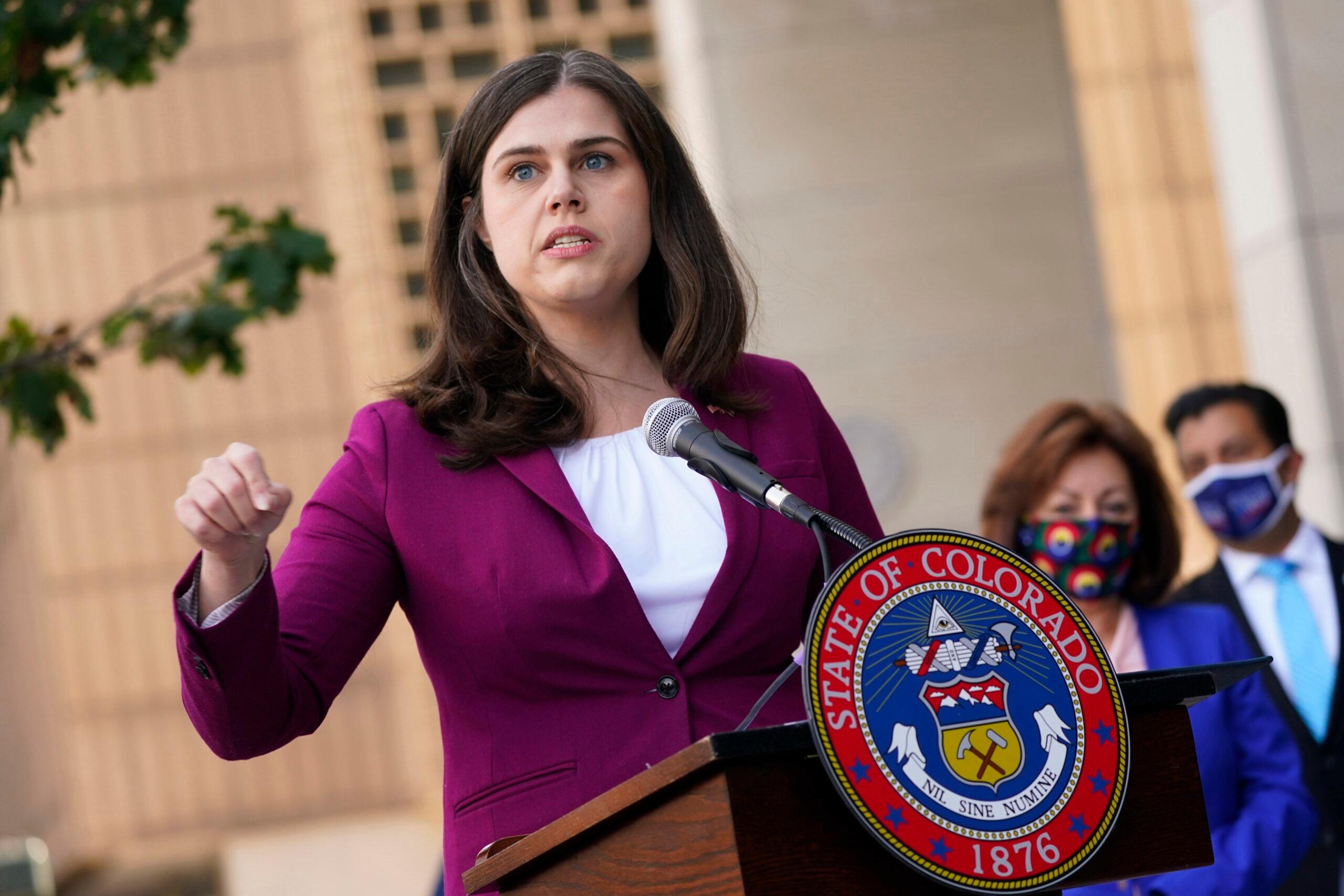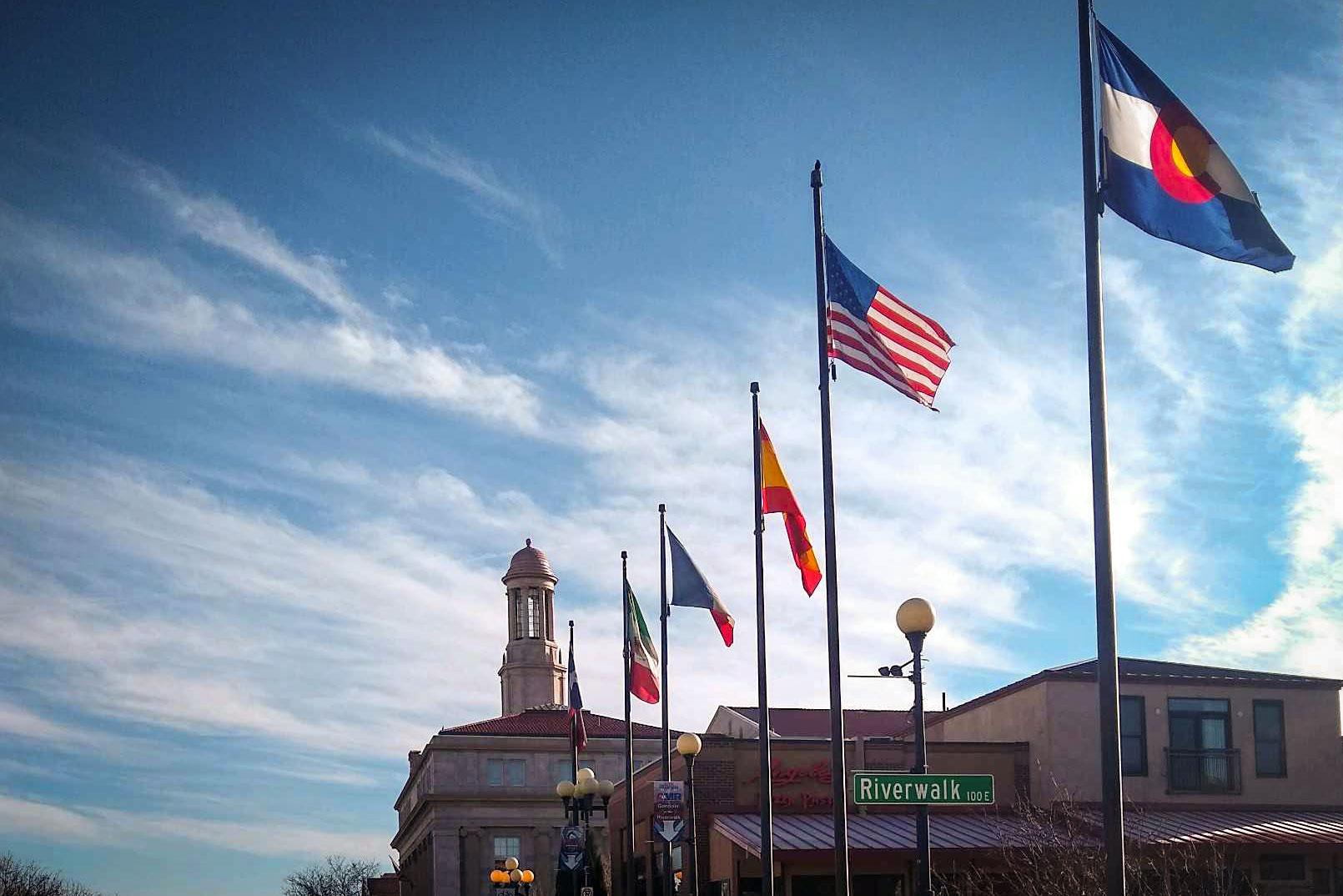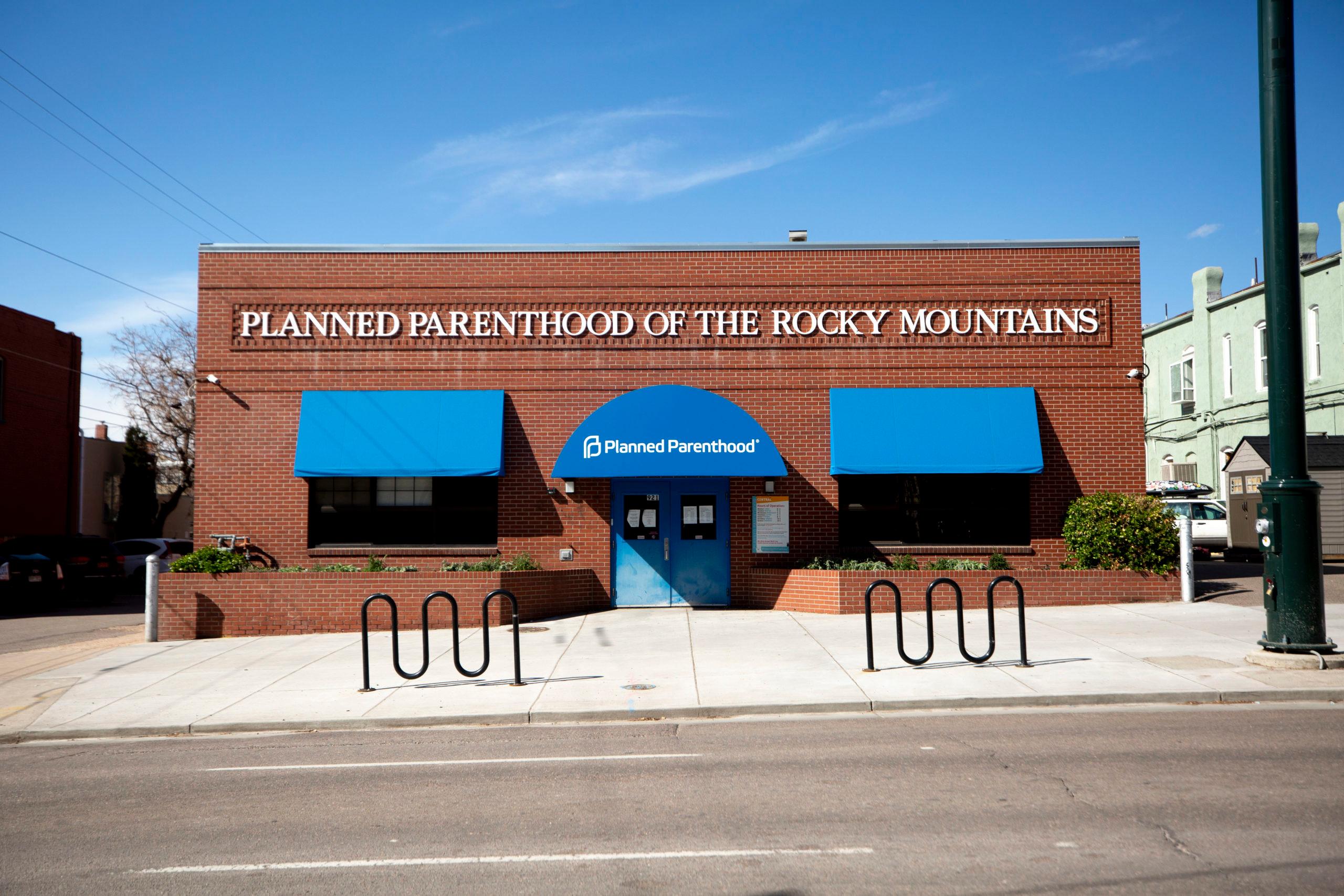
A conservative watchdog group has come to terms with the Colorado Secretary of State’s office in a lawsuit over its voter registration list maintenance practice after years of litigation.
The suit, brought by Judicial Watch in U.S. District Court in 2020, alleged that Sec. Jena Griswold violated the National Voter Registration Act by failing to remove ineligible voters from the state’s rolls. That discrepancy led to artificially high registration rates in many counties, the lawsuit claimed.
As a part of its agreement to dismiss the case, Griswold denied all claims that Colorado violated federal laws that govern voter roll maintenance. But her office agreed to provide Judicial Watch with public data from a federal survey on an annual basis for the next five years.
“We have a very rigorous list maintenance process and I do not believe that this litigation is about anything based in fact,” Griswold said.
Her office settled the lawsuit to prevent “further unnecessary drain” on state resources, she said. She also characterized the lawsuit as a meritless attack on democracy.
“Election disinformation continues to plague the nation and Colorado, and organizations like Judicial Watch share responsibility for the ongoing threats to democracy,” she said.
Colorado has become a lightning rod for election skeptics in recent years due to its automatic registration system and reliance on mostly mail-in ballots. The state has one of the highest voter participation rates in the country and has won national praise from election experts for its security practices.
Sec. Griswold has been a frequent target of election critics, including after Colorado accidentally mailed postcards to roughly 30,000 non-citizens living in the state last fall notifying them on how they could register to vote. The postcards didn’t result in any non-citizens voting.
Judicial Watch has brought similar lawsuits against other states, claiming that the country’s voter rolls are oversaturated with ineligible voters.
Its suit against Colorado claimed the number of registrations removed by Colorado under the NVRA rose by 78 percent in the past four years – from 172,000 in 2018 to 306,000 in 2022 – and that its lawsuit triggered the increase.
The Secretary's office dismissed that claim; saying that the increased removals was due to “the normal course of list maintenance that occurs after major elections (like 2020).”
Under federal law, Colorado can only remove a voter from its rolls at the individual’s request, unless certain other requirements are met. If a voter doesn’t return a ballot for two consecutive elections, they are listed as inactive and sent a mailing asking if they still live at the address on file with the state.
If the mailing gets ignored and the voter goes four more years without voting, they can then be removed from voter rolls.
Additionally, the Secretary's office also compares the state voter roll to monthly death reports from the Colorado Department of Public Health and Environment to make sure its list is accurate. It also uses lists from departments overseeing jails and resident address changes to keep rolls current.
Defenders of Colorado’s election system note that even if a ballot is sent to someone who no longer lives at an address, there are safeguards to keep someone else from voting with it. County clerks conduct signature verification of every ballot in all elections. The process has been criticized for disenfranchising some voters, but proponents say it helps prevent fraud and double-voting.
County clerks in Colorado rejected Judicial Watch’s claims about the voter rolls as baseless.
“Big picture, it’s important for voters to know that their elections officials have robust list maintenance procedures and policies in order to keep accurate and up-to-date voter rolls,” said Amanda Gonzales, clerk and recorder for Jefferson County.
Matt Crane, a Republican former clerk and executive director of the Colorado County Clerks Association, said Colorado’s voter registration maintenance practices are in line with federal law. He pointed to near-perfect rankings from multiple election integrity watchdog groups, including the conservative Heritage Foundation.
“Perfection is unattainable, but that doesn’t mean that we don't stop striving for it,” Crane said. “Any claims we aren’t in compliance with federal law are absurd.”
Colorado regularly publishes its voter registration data online. You can check your own registration status on the Secretary of State’s website.









